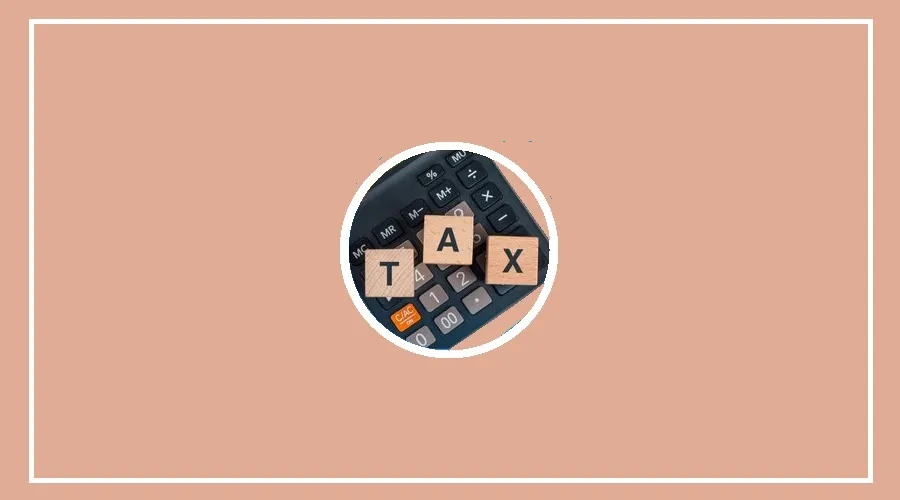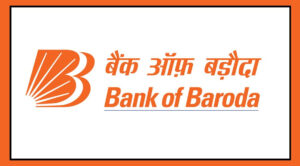A bank account is used to manage your money, but did you know that some activities can lead to heavy taxes? For instance, depositing a large sum of cash without explaining where it came from could lead to taxes as high as 60%.
60% Tax for Unexplained Cash Deposits
The Income Tax Department can issue a notice and impose a heavy tax if you fail to explain the source of cash deposits.
This tax can include a 25% surcharge and 4% cess. According to Section 68 of the Income Tax Act, if you deposit cash
and cannot explain its origin, the department can charge you up to 60% tax. This rule is part of efforts to combat money laundering, tax evasion,
and illegal financial activities, encouraging people to use digital transactions and reduce cash usage.
Reporting Large Cash Deposits
If you deposit over Rs 10 lakh in a savings account during a financial year, you must report this to the Income Tax Department.
For current account holders, this limit is Rs 50 lakh. However, if you can provide the correct information about the source of the deposit, no tax will be charged immediately.
As long as the source of the income is clear, you won’t need to pay any tax.
TDS on Large Withdrawals
According to Section 194N, if you withdraw more than Rs 1 crore from your bank account in a financial year, a 2% TDS (Tax Deducted at Source) will be deducted.
If you haven’t filed your Income Tax Return (ITR) for the past 3 years, TDS will be charged at 2% for withdrawals over Rs 20 lakh
and 5% TCS (Tax Collected at Source) for withdrawals over Rs 1 crore. This rule aims to track large cash withdrawals and prevent tax evasion.
























